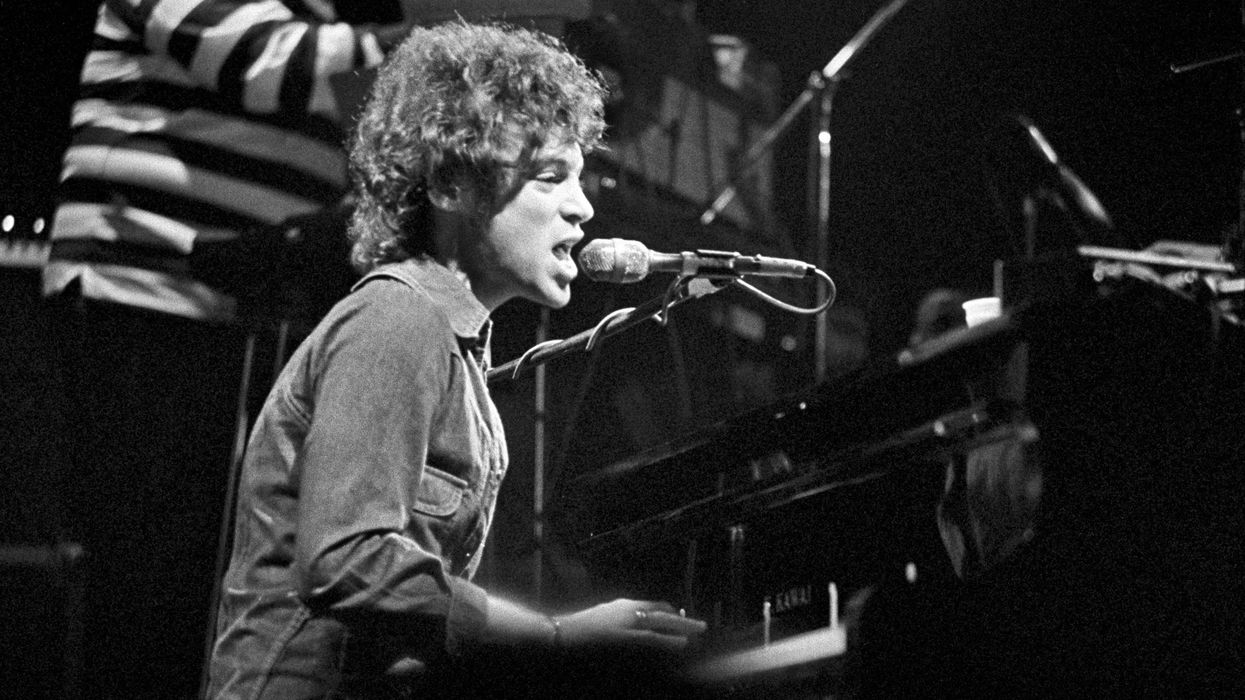Daley-Harris is the author of “ Reclaiming Our Democracy: Every Citizen’s Guide to Transformational Advocacy ” and the founder of RESULTS and Civic Courage. This is part of a series focused on better understanding transformational advocacy: citizens awakening to their power.
With the death of singer-songwriter Eric Carmen last month and Earth Day coming up, I got to thinking about Carmen’s song “ All By Myself ” and how deeper forms of activism are both essential to making change and a powerful antidote to our growing epidemic of loneliness.
In a New York Times essay last year, U.S. Surgeon General Vivek Murthy said that loneliness not only leads to poorer health but is also “associated with reduced productivity in the workplace, worse performance in school, and diminished civic engagement.”
Diminished civic engagement was the focus of a 2022 National Public Radio interview with “Bowling Alone” author Robert Putnam titled, “ Politics and America’s Loneliness Epidemic.” Putnam discussed “bonding social capital” which links you to people who are like you and “bridging social capital” which links you to people unlike you. Putnam warned: “Bridging social capital ... is way down. And that is encouraging polarization.”
That’s where people like Bill Barron come in. Barron – lives in Utah and organizes climate talks in places like Wyoming, an oil and gas state – seeks out conversations with people who are not like him.
Barron had never been engaged in politics, but an invitation from Citizens’ Climate Lobby to meet with his members of Congress in Washington, D.C, flipped a switch. “I was shaking like a leaf,” Barron said after his first-ever meeting in Sen. Orin Hatch’s office (R). “But walking out of that meeting I realized that this is exactly what we need to be doing, letting our leaders know what we want them to do.”
After starting several chapters in Utah, he was asked to manage a group of states where there wasn’t much climate activism yet, so he spent some of his time organizing in Wyoming.
“Gillette, Wyoming, is big coal country,” Barron told me, “and our local organizer was active in Democratic politics. I stressed that we needed to invite everyone, and she told me that the last time they had an event and invited Republicans they had to call the police, and I thought ‘Oh, my God.’ We had about 25 people, including people who totally disagreed and spoke up during the presentation, but I said, ‘Can we agree that there is change happening, but we may disagree on how it’s happening?’
“One woman, who had a 39-year career as a coal miner, commented, ‘We know we need to do something about climate, and putting a price on pollution makes sense.’ Another person, a climate denier, came to several of my gatherings. Seemingly surprised by the polite, nonpartisan discussions, he listened rather than being confrontational, although he still offered the ‘denial’ brochures he’d brought with him.”
Barron was acting on several key aspects of transformational advocacy. One is practicing partnership, not partisanship. Another is bringing new people in and forming them into chapters, or as Eric Carmen would say, “Don’t wanna be all by myself anymore.” Signing online petitions won’t cure our epidemic of loneliness, but the people who said yes to Barron’s invitations are demonstrating an important step: citizens awakening to their power.
If not now, when?




















